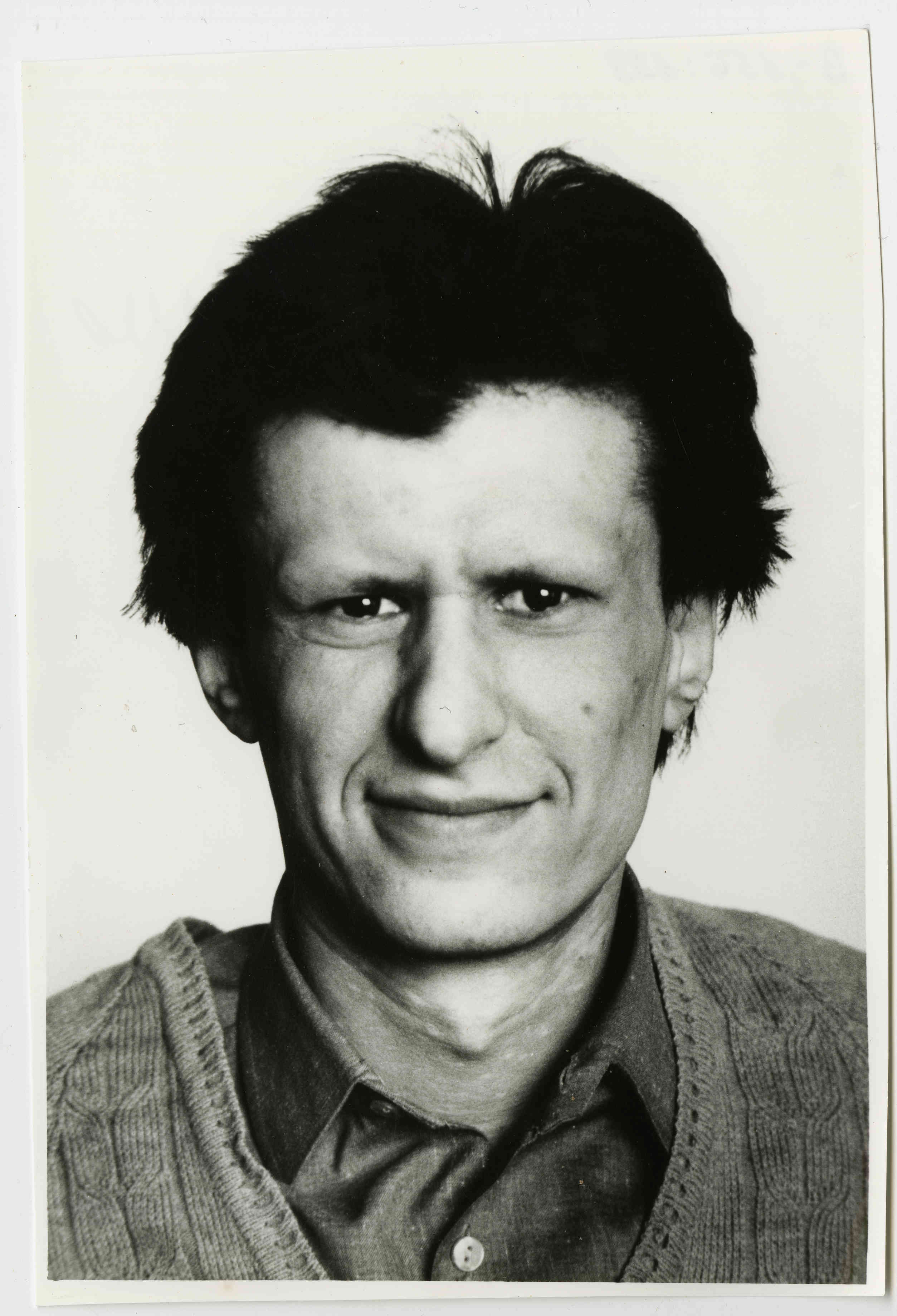
Ülo Mattheus
Ülo Mattheus (b. 7. XII 1956) is a writer, journalist, state official and editor.
He was born in Tallinn and graduated from number 32 secondary school in Tallinn in 1975. Mattheus worked in his youth as a metal-cutter, transport worker, television lighting man, later as the literary editor of the journal Sirp, correspondent for Radio Free Europe and political reporter for the Postimees newspaper. From 2005 to 2013 he worked as press consultant for the Riigikogu [parliament]; since 2014 he has been executive editor for the TEA encyclopedia and since 2017 an information officer for the Estonian Institute of Economic Research. In 2007 he graduated from the Estonian Business School and in 2019 from the University of Tallinn, specialising in Asian studies. Mattheus has been a member of the Estonian Writers’ Union since 1988.
Mattheus’s debut collection X maantee (‘Highway X’, 1981) consisted of finely-textured and refined short prose. On the basis of the title character of his collection of stories, Inimene Aspelund (‘Aspelund the Person’, 1987) the Tallinnfilm film studios created the short film Meister (‘The Master’, directed by Hannes and Renita Lintrop) in 1989. Mattheus’ first novel Kuma (‘Shimmer’, 1989) won the journal Looming’s annual award.
In his work Mattheus concentrates on a person’s inner life, in the depiction of which the influence of East Asian philosophy can be discerned; he has especially profoundly engaged with the Tibetan Buddhist tradition and the Tibetan Book of the Dead. The epistolary novel India armastus (‘Indian Love’, 2006) consists of letters to his beloved from the foothills of the Himalayas. In his memoir-like stories Vabanemine kuulmise läbi. Mälestusi surmast (‘Liberation Through Listening. Memories of Death’, 2011) Mattheus tells the story of Estonia’s recent history and the Second World War through his own personal and family history against a Buddhist background. In the novel Tema salajane palve (‘His Secret Request’, 2013) the author breaks through the boundaries of time and space. The action occurs in contemporary Estonia and the Himalayas, but the characters can move in a moment between locations and between the worlds of the living and the dead. Sometimes Mattheus uses quotes from Jorge Luis Borges in his works.
Ülo Mattheus’ novel Kuma appeared in German in 1997.
In 1985 and 1994 he won the Friedebert Tuglas short story prize. His philosophical-mythical novel Läheb ega peatu (‘It Goes and It Won’t Stop’) won the Literature Endowment annual award in 1996.
L. P. (Translated by C. M.)
Books in Estonian
Novels
Kuma. Tallinn: Eesti Raamat, 1989. 164 lk.
Läheb ega peatu. Tallinn: Eesti Keele Instituut, 1996. 350 lk.
India armastus: fragmendid kirjadest. Tallinn: Eesti Keele Sihtasutus, 2006. 196 lk.
Tema salajane palve. Tallinn: Tuum, 2013. 208 lk.
Short prose
X maantee: jutte aastaist 1977–1979. Tallinn: Eesti Raamat, 1981. 68 lk.
Inimene Aspelund: jutte aastaist 1981–1985. Tallinn: Eesti Raamat, 1987. 157 lk.
Vabanemine kuulmise läbi: mälestusi surmast. Tallinn: Kultuurileht, 2011. 53 lk.
Articles
Ilusate asjade püha. Vaateid lähiajaloole, poliitikale ja inimeseks olemisele: artikleid aastaist 2004–2010. Tallinn: Eesti Ajalehed, 2010. 207 lk.



